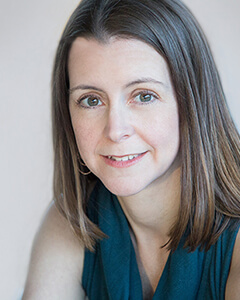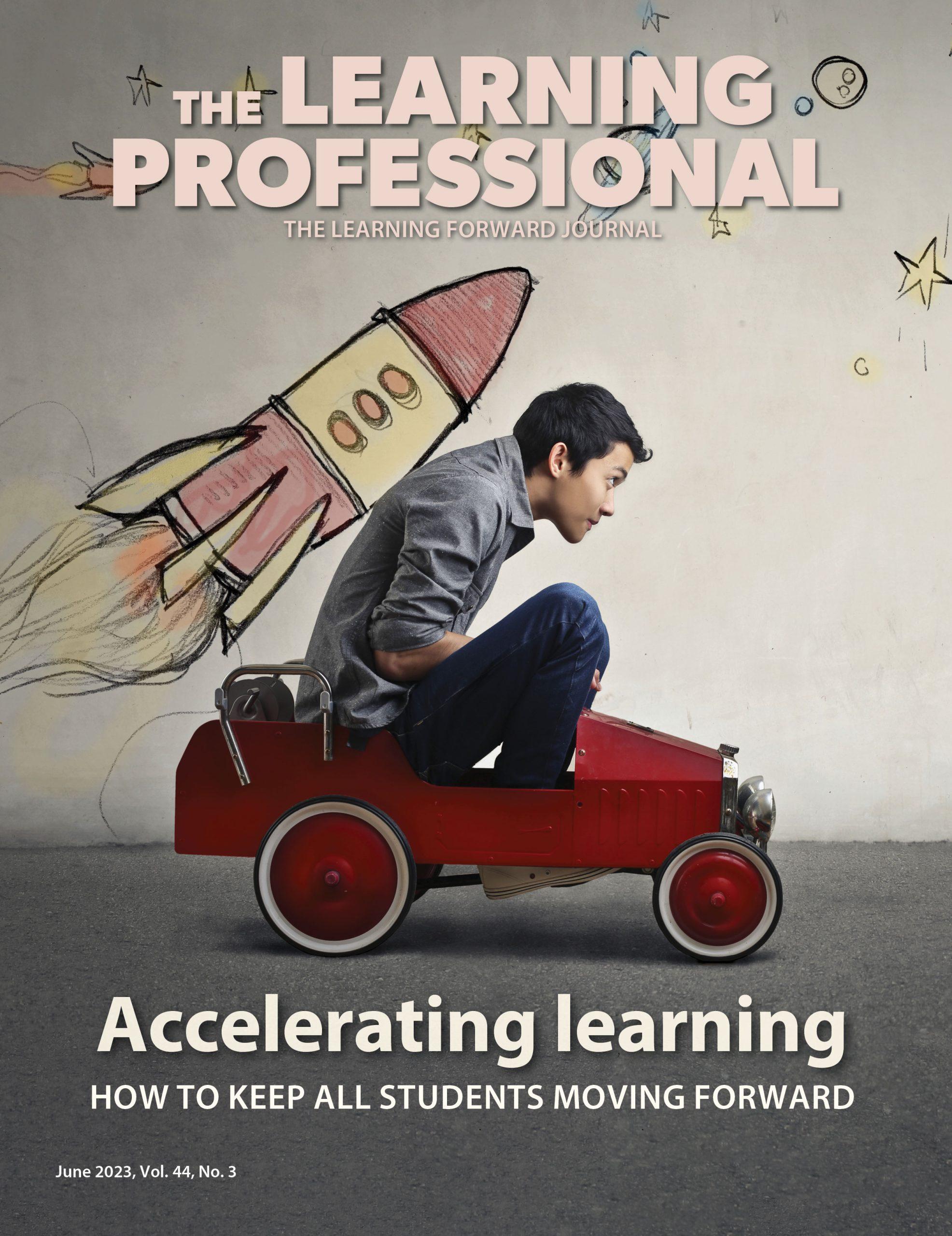Conversations about students’ needs are at the center of great schools. To determine those needs, we examine performance data, observe teaching practices, synthesize research. But how often do we listen to the perspectives of those we aim to help — students themselves?
As educators, how often do we listen to the perspectives of students? Conversations about students' needs are at the center of all great schools. #LearnFwdTLP Click To TweetIn any other industry, it is common practice to look through the lens of end users or target audiences. Organizations regularly survey their customers, clients, or beneficiaries. This is not the norm in most schools.
Some schools do survey students about their perceptions of school climate, implement student-led parent-teacher conferences, and invite students to weigh in on policy changes. These approaches are encouraging. But they only make a difference if we listen to what students are telling us and follow through with action.
We must not only listen to what students are telling us but we must also follow through with action. #LearnFwdTLP #StuVoice Click To TweetProfessional learning is an essential avenue for ensuring that student voice translates into real change. With systems for reflecting and acting on student insight, we can keep student survey results from gathering virtual dust on a computer server and passionate arguments during advisory period from evaporating as soon as the bell rings.
In that spirit, we hope this issue of The Learning Professional is the beginning of an ongoing conversation in your schools and organizations, as well as our own.
For this issue’s articles, we went straight to the source and asked students to tell us what they think professional learning leaders should know and address. We are honored to feature pieces by young people from diverse locations and perspectives, and we invite others to contribute to the conversation by posting on social media or emailing us.
We have also included articles by educators who are working hard to incorporate student voice and have advice to share about steps you can take in your own professional learning efforts. Plus, Kyle Schwartz tells the story of how her simple “I wish my teacher knew…” exercise went viral and sparked a global movement.
If you’re like us, you may also want to hear from students — literally. Many of this issue’s articles direct you to supplemental video or audio content, which you’ll see marked with an icon. We hope they inspire you and encourage your students to speak up. Do you plan to ask your students what they wish teachers knew or suggest focus areas for professional learning? Make a video or write a blog post, and we’ll share it (with appropriate student permissions).
A conversation with members of the Prichard Committee Student Voice Team had a major influence on the way I thought about this issue and our work going forward. As I talked about the importance of this topic for our members, I pointed out that in everything we do in education, we are ultimately working for students. An eloquent 17-year-old graciously pointed to my use of the word for and explained that she and her collaborators want to shift the narrative to be about educators working with students.
As you read this issue, I hope you’ll consider: How can I work with my students, not just for them, and what can I learn from them? They have a lot to teach us, and we have a lot to learn.
Professional learning is an essential avenue for ensuring that student voice translates into real change. #LearnFwdTLP #StuVoice Click To Tweet
Suzanne Bouffard is senior vice president of communications and publications at Learning Forward. She is the editor of The Learning Professional, Learning Forward’s flagship publication. She also contributes to the Learning Forward blog and webinars. With a background in child development, she has a passion for making research and best practices accessible to educators, policymakers, and families. She has written for many national publications including The New York Times and the Atlantic, and previously worked as a writer and researcher at the Harvard Graduate School of Education. She has a Ph.D. in developmental psychology from Duke University and a B.A. from Wesleyan University. She loves working with authors to help them develop their ideas and voices for publication.
Recent Issues
TAKING THE NEXT STEP
December 2023
Professional learning can open up new roles and challenges and help...
REACHING ALL LEARNERS
October 2023
Both special education and general education teachers need support to help...
THE TIME DILEMMA
August 2023
Prioritizing professional learning time is an investment in educators and...
ACCELERATING LEARNING
June 2023
Acceleration aims to ensure all students overcome learning gaps to do...











